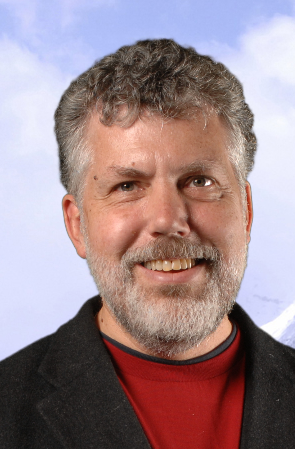- Home
- About Us
- The Team / Contact Us
- Books and Resources
- Privacy Policy
- Nonprofit Employer of Choice Award


When the CRA is in the news, you read about millions of dollars in fines and prison terms for tax evasion and fraud. Charities working with low-income Canadians need to be aware that things are different at the other end of the scale, especially if your services include tax clinics.
Most of the participants in such clinics are on social assistance and come to register for the GST and provincial credits. But as a volunteer for many years, there is one group of people I never saw at the tax clinic: people who are afraid of the Canada Revenue Agency (CRA). Here are two of their stories. I have changed their names and some of the details to protect their privacy.
Paulo: resilient energy
The first thing you notice about Paulo is his energy. He is a go-getter and a doer. When he lost his job as a supervisor during a corporate restructuring, he applied for and received a scholarship to enter a university program. “I was the first in my family ever to go to college,” he told me proudly.
What he didn’t realize was that his scholarship would be taxable. “I used that money to live on,” he said sheepishly. That puzzled me because that’s exactly what it is intended for. He didn’t file a tax return that year and eventually, his worst nightmare came true. The CRA started charging him interest and penalties on the income. I met him a few months before yet another tax deadline and he was again feeling the stress of the mounting charges. I encouraged him to call the CRA and see if anything could be done.
The CRA was helpful. They said that the first thing he needed to do was bring his tax returns up to date and they sent him copies of all of the forms they had on file. At this point, you might be wondering what the problem was. After all, if most of his income came from a scholarship, then he could claim the student deduction, his tuition fees, and the $500 exemption on scholarship income. The problem was, he didn’t know that, and he was afraid to find out. When we actually sat down to do his taxes, we found out that he was actually owed a small refund for that year.
Marie: mixing art and business
When I caught up with Marie, after many years, she had opened her own studio and was offering classes as well as selling her own work. With the time of year and the fact that I’m an accountant, the conversation eventually came to taxes. She confessed that she hadn’t filed a tax return in ten years and was losing sleep over the thought of the mounting penalties.
As I looked around her studio and talked to her about her art sales, it was clear that whatever tax she owed, it wouldn’t be a large amount. There were two things she didn’t know:
She wouldn’t let me do her taxes because she knew that I would refuse payment, but she let me recommend an accountant and they were able to settle her account with the CRA, without penalty. She was able to sleep peacefully again.
How to help
The thought of dealing with the CRA, even on something small like a university scholarship or a missed tax return, can be scary for your clients. Here are a few suggestions:
Resources
Professional accountants – The tax clinics are great for this year’s tax return, but if the person’s issues go further back, find an accountant. Start with your organization’s treasurer, a board member or a volunteer. If they can’t do it personally, chances are, they know someone who can.
Bill Kennedy is a Toronto based Chartered Accountant with Energized Accounting, focusing on financial and reporting systems in the charitable sector. He blogs at www.EnergizedAccounting.ca/blog/. Find out more at www.EnergizedAccounting.ca; follow Bill @Energized